
What is the Best Way to Prepare for an Interview?
One of the best feelings in the world is getting a job interview lined up, but it’s also a mixed bag of emotions. On the one hand, you feel special because they picked you out of however many candidates, but on the other hand, now you feel like the pressure’s on to do even better. It’s a trade-off, for sure.
But what’s so scary about a job interview anyway? Well, if you were interviewing for Thomas Edison, who invented the concept of the job interview, you would have been shaking in your booties. The famed inventor, who happened to also invent the light bulb, movie camera, and phonograph (old-timey music player), started interviewing candidates as soon as they entered his lobby, before he even saw them! LOL
The interview would start as soon as the Receptionist offered them SOUP in his waiting lobby. If they automatically put salt and pepper in their soup without tasting it, he immediately rejected them. Why? Because he felt that he couldn’t have a Research Assistant who assumed things without testing them (or in this case, put seasoning in their soup before tasting it). So brilliant!
He would also ask his Receptionist how they TREATED her. He rationalized that, in a controlled setting (when he was interviewing them), they would not behave as they normally do. But in a relaxed setting (in the lobby waiting for him), all bets were off. If they were rude to her, it was “later gator”. Sneaky, sneaky, Mr. Edison, but pure GENIUS.
Hiring Managers and Recruiters: If you don’t do this already, why not??? I would totally ask the opinions of Reception and any Assistants. They will give you aspects of a candidate’s soft skills — their true character — that you won’t get otherwise, because people let their guard down with them. Protect your company culture and ensure that you hire only the best fitting and most appropriate for your company.
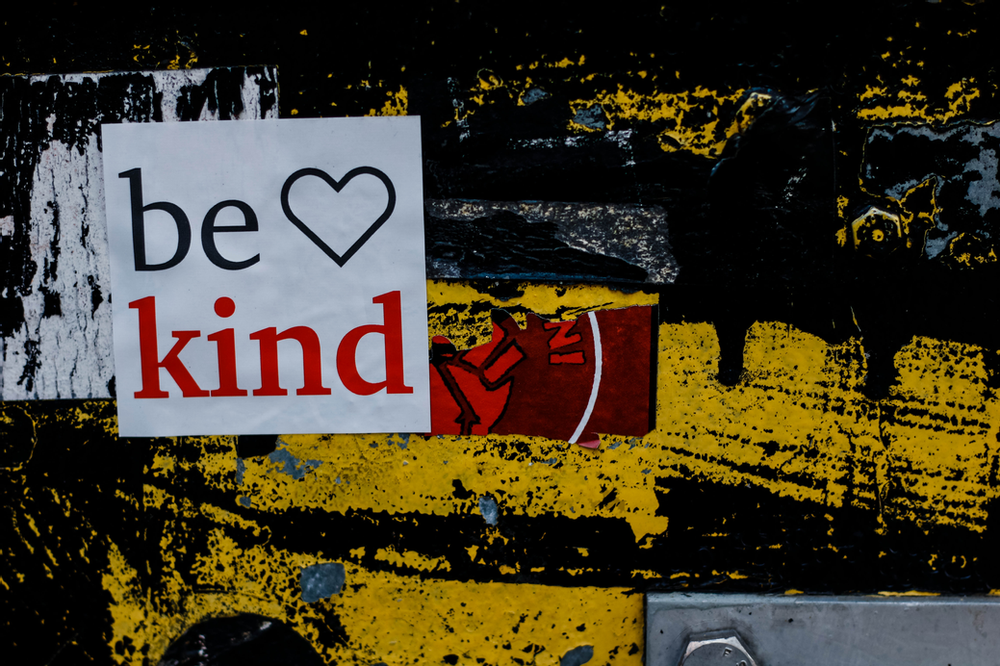
Pro Tip: Always be kind to the Reception and any Assistant — they may have direct feedback to Decision Makers.
A Decision Maker can be anyone in the job interview process e.g., Hiring Manager, Recruiter, or Staff Lead. I’m sure you’re always kind and courteous to everyone, BUT let’s say you’re running late, you got pulled over, you spilled coffee on your lap, who knows? You’re just not having a good day. Do not take it out on the Reception or Assistant. Always hold your temper and mind your manners. You never know what goes into a hiring decision. Don’t let a spilled coffee be the reason you don’t land that job. :/
Interviews are like first dates. If a person treats service staff poorly, then a second date is probably not gonna happen. The same goes for job interviews.
How Do I Nail a Job Interview?
Below are the main areas you should know to FULLY prepare for a job interview. In any blog tip, I try to cover the 5Ws and 1H: Who, What, When, Where, Why, and How.
Part 1: Background

What is a Job Interview? What is the purpose of a Job Interview? Why is it necessary? How will it happen?
- Definition & Purpose: It’s a Verbal Exam and First Date!
- Interview Method: In-Person, Webcam (like Zoom), or Phone Call
- Interview Type: Panel, Sequential, and Solo (including your Probability Odds)
Part 2: Preparing for the Interview

Who is involved in the Job Interview? What should I wear for the interview? When should I prepare for the interview? Where do I take the interview, if it’s a webcam or phone call? How do I do prepare and study? How much time should I take to prepare?
- Research & Study: People, Company, and the Work itself
- Preparation: Timeline, Resources, Materials (Printed Notes), Mock Interview
- Grooming: Clothing, Hair, Shoes, etc.
- Logistics: Getting There, Setting Up, etc.
Part 3: During the Interview
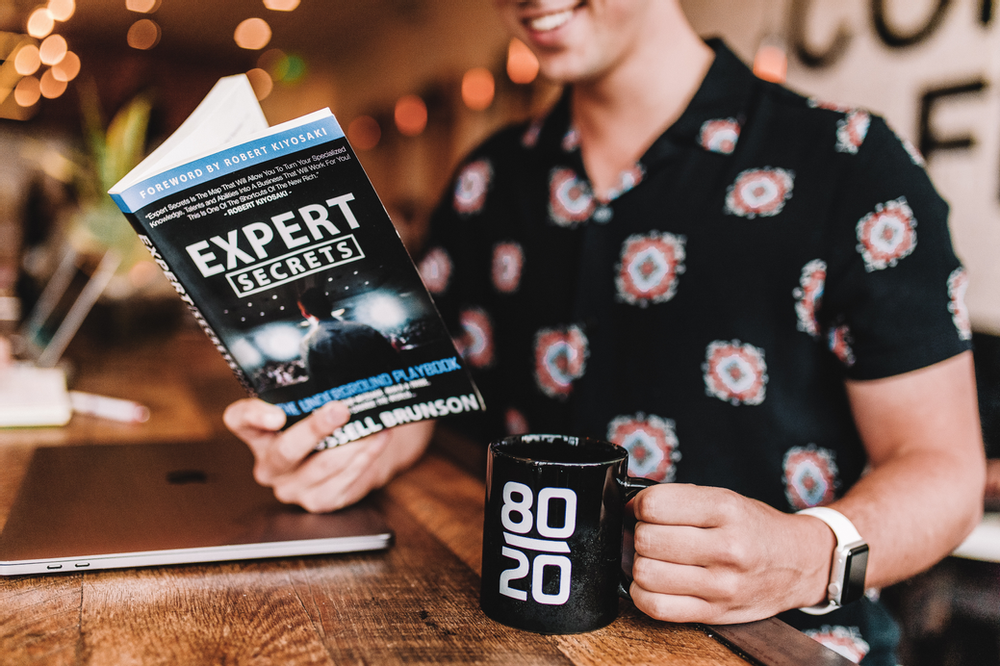
What will I be asked? What can I ask? How do I ask questions? How should I behave? What are things that will help me get the job? What are things I should avoid? How do I know if I got the job? When will I know if I got the job? How will they tell me? Who will tell me? How do I follow up (or should I even bother)?
- Types of Interview Questions: 3 Basic Categories (Your Past, Qualifications, and Culture Fit)
- Best Interview Questions: My Personal Favorites and the Best Answers to them (that I’ve given and I’ve heard)
- Behavior & Body Language: Pro Tips I’ve Learned Over the Years (including some from a real CIA Agent and Other Body Language Experts in the Military)
- Best Things to Say and to Avoid
- Follow Up & Aftermath
For this blog tip, I will cover Part 1. In upcoming blog tips, I will cover Parts 2 and 3.
If you’re not already connected with me, stay connected with me on Linkedin and YouTube
DEFINITION & PURPOSE
What is a Job Interview? What is the Purpose of a Job Interview?
What is an interview? What is its purpose? Why am I asking this? Because people forget that interviews are tests. People are afraid to admit it because everyone gets test anxiety.

The reason why people fail interviews is the same reason why people fail tests — they don’t prepare and study enough or the right way.
How can you expect to pass a test when you don’t even crack open the book or you have the wrong book. 🙁
So, back to my original question, you must understand what an interview is and what its purpose is.
A job interview is basically a test — it is 2/3 verbal exam and 1/3 first date. 🙂
Why is it this way? Well, I figure that 2/3 of it is testing hard skills (stuff that is more concrete and objective) and 1/3 would test your soft skills (intangible concepts and rather subjective).
They are testing you to figure out if you are:
- who you say you are on your resume (past and current employment history) <– contains hard skills
- qualified for the job (your education, technical skills, etc.) <– contains hard skills
- good culture fit for the company (your personality, character, and ethics) <– contains soft skills
Now, here’s something most people forget because one-third of the interview is like a first date and they’re trying to figure out if you’re a match for their culture. You do realize that this goes both ways.

Interviews are for you as well — they help you figure out, whether the company is a good match for you. 🙂
So, the more prepared you are, the more confident you will feel and the better you will do.
But don’t psyche yourself out. Know yourself. If you’re a natural and you need to Go With The Flow (GWTF), then don’t go into Analysis Paralysis mode. You can relax, but it doesn’t get you out of doing the research – it still needs to get done, if you want to get the job. Unless of course, you have connections and you already got the job regardless of the interview, in which case, why the fork are you reading this right now? 🙂
Anyhow, when you’re prepared and you feel confident, that vibe rubs off. I can tell right away when someone knows their stuff. It’s really awesome, and when they stumble on something, I give them a hall pass, because I know they get it. I help them out.
When I gave interviews, they were tough, fair, and very kind. I tried my best to put people at ease, but I also wanted to also ensure that I protect my team and my company by hiring the best person possible. I ended interviews that I knew were not going well, very quickly.
Pro Tip: If the interview ends quickly or they don’t ask a lot of questions, either they are super busy or unfortunately, it might not have gone well. Don’t worry about it. Just move on. I’ll explain more about this later.
What are the Major Types of Interviews?
There are 3 Interview Methods: In-Person, Webcam, and Phone Call. Why does this matter? Because it will determine the following:
- if you have to dress up
- if you have to wake up early and drive far
- if you can use printed notes
- if you need a webcam
All of these factors contribute to how much success you will have in your job interview. When I was younger, I totally bombed interviews because I was a little late, ill-prepared, or I didn’t have the right clothes.

In-Person
This method is also known as a face-to-face interview, where you meet onsite at an agreed-upon location like the company location or perhaps a coffee shop.
Pros: Both you and the interviewer(s) can get a sense of each other IRL.
Cons: You must drive (might be late), dress up (again, might be late), and you can’t use printed notes to help you with questions (uh-oh, nerves).
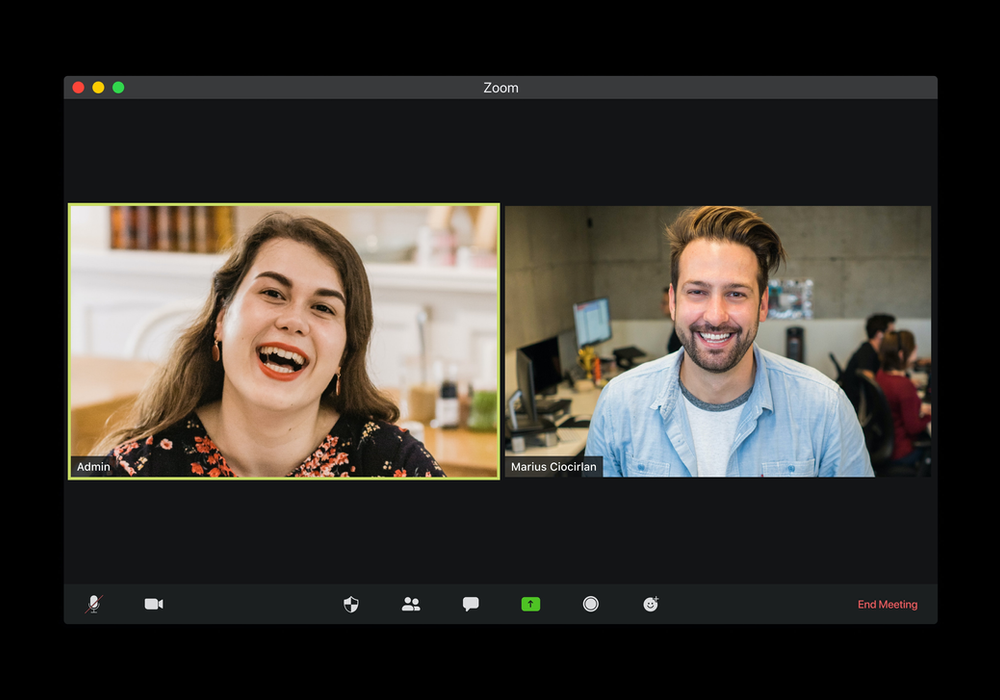
Webcam
In this method, you virtually meet with the interviewers in a web conference meeting like Zoom, WebEx, GoToMeeting, etc. People can view each other’s faces or upper bodies and/or share their screens if need be.
Pros: Convenient, saves time and money, and less stressful. No driving and you can wear shorts — win for people who live in hot areas — woo hoo! 🙂
Cons:
- You can’t use notes. I’ve seen people try to use notes on their desk or look at their screen or wall. People can tell if you are looking away, just don’t do it. It’s not going to look good if you get caught. :/
- You have to make sure that your top half looks interview-worthy (I’ll cover this in a future blog tip).
- Also, don’t forget that the background behind you needs to be presentable — make sure your room is tidy and you don’t have anything you don’t want to be shown. Do a test run so you know what you want to be shown and not shown.
If you’re doing a Zoom interview, don’t let some weird picture on your wall or a dirty room be your first impression.
I have seen some weird stuff in my lifetime. I’ve seen what looks like the inside of a trailer, which is fine, except it had a lot of silver duct tape on the walls, and garbage on the counters. People don’t expect you to live in a mansion, but they do expect you to tidy up. If you look like you don’t take care of your home, why would they think you would be responsible at work? Imagine what Edison would think! 🙂
If you don’t have a laptop with a webcam and they require it for the interview, don’t worry — I got you, fam. 🙂
Did you know that you can use your phone for webcam calls? Web conference tools like Zoom and WebEx have mobile apps that you can download for free.
Check the app store or google play on your phone for whatever conference tool the hiring manager is using.
NOTE: I’ll show you step-by-step, how to do this in a future video — stay tuned!
Also, don’t forget to mind your manners when it’s time for the call. 🙂 Nothing is worse than someone who doesn’t know how to mute. I will definitely cover this in Part 2.
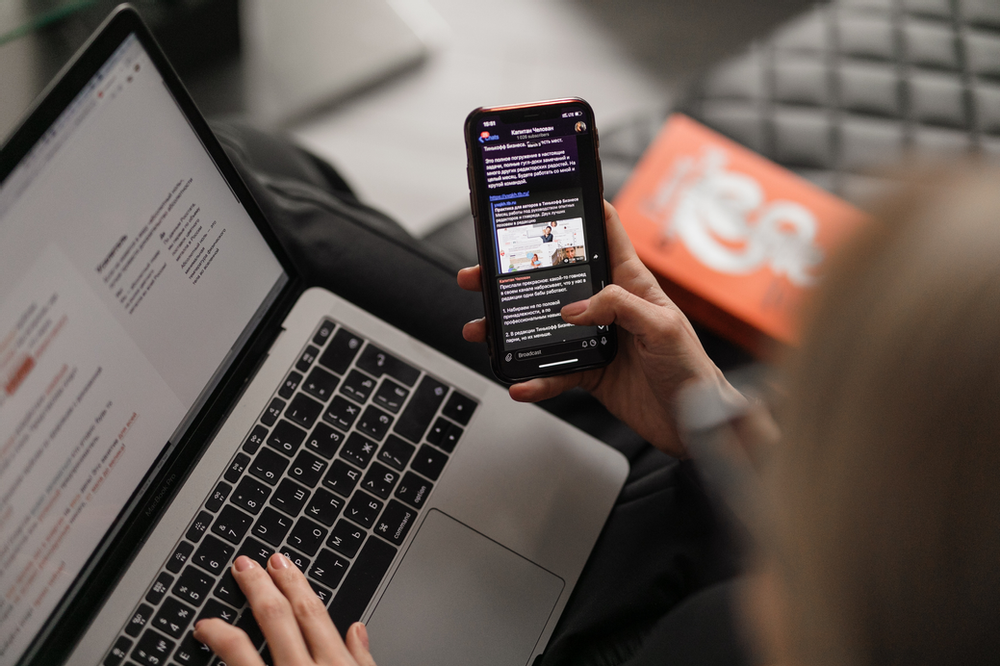
Phone Call
Here you are calling into a teleconference line and all parties are using audio-only and no video to interview you.
Pros: This is the best ever — no driving, no dressing up, and you can use printed notes. When you have a phone call interview, it’s the same as an Open Book test! You can find a quiet room with a table. Print out your notes and lay them out like tiles. That way they won’t hear anything but your voice. No paper shuffling or anything. I’ll explain in full detail later below.
Cons: They won’t get a true sense of who you are IRL and you can’t get that either. I guess that could be a good thing if you think about it.
THREE (3) MAJOR INTERVIEW METHODS: PANEL, SEQUENTIAL, AND SOLO
What is the Most Commonly Used Interview Style?
#1 The Panel Interview

In a panel interview, multiple people like the HR rep, Hiring Manager, maybe a Lead Coworker, and others get together to interview you. One person facilitates the interview, usually the Hiring Manager. Everyone gets a chance to ask questions, but the facilitator is in charge.
Pros:
- Decision making is spread out, and might be weighted differently like the Hiring Manager might have 50% of the decision while everyone else has 10% each (could be good or bad)
- If you say something AWESOME, everyone hears it as well.
- Also, they hear each other’s opinions of you, which is excellent for you. Like when someone says, “Great answer.” 🙂
- Usually more organized because of the facilitator.
- People are generally kinder in groups because you’re on the hot seat and there’s a psychological tendency to be kinder when it’s many against one.
Cons:
- More intimidating because more people
- If you make a mistake, then everyone hears your mistake.
Odds in Your Favor: 60/40
#2 The Sequential Interview
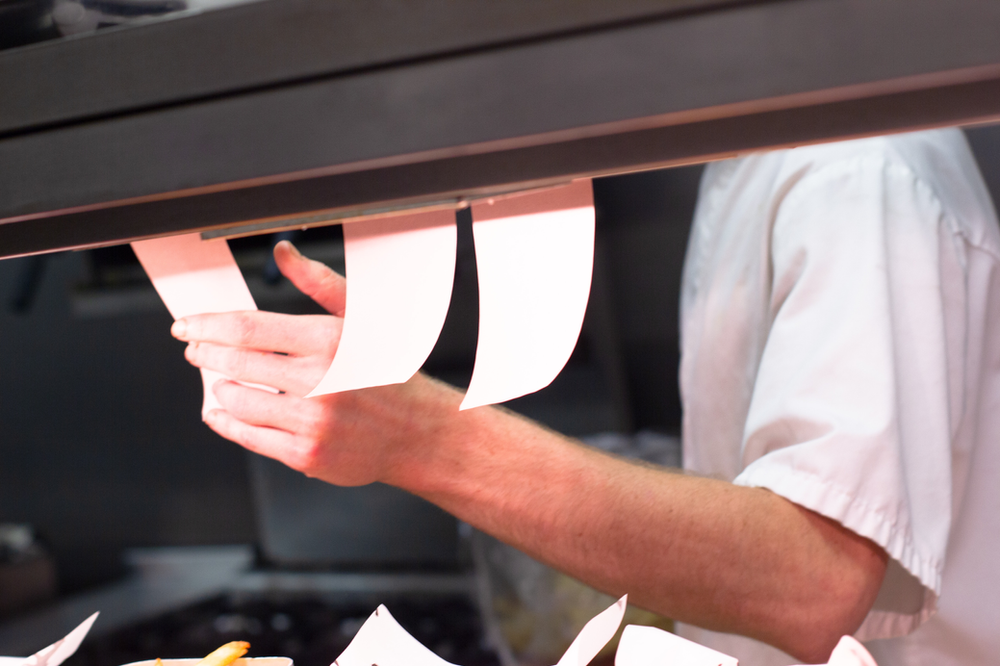
In a sequential interview, one person at a time interviews you. Sometimes this is one interview after the other, in one day. Other times, it is spread out over a week or so. It depends on their schedule. Usually, it’s the initial HR screening, then maybe the Hiring Manager, Lead Coworker, etc. This is like a mix between Panel and Solo.
Pros:
- Decision-making is spread out, and might be weighted differently like the Hiring Manager might have 50% of the decision while everyone else has 10% each. This could be good or bad if the Hiring Manager likes you or not. 🙂
- Slightly less intimidating, because it’s one at a time.
- If you make a mistake with one, then no one else heard it directly (AWESOME). Sure, they could share these findings with each other, but it’s not the same as with Panel interviews. So, that’s a plus!
Cons:
- If you said something amazing, no one else heard it, but the one person. 🙁
Odds in Your Favor: 50/50
#3 The Solo Interview

A solo interview is a straightforward one-on-one interview with a Hiring Manager and that’s it – they have the final say so. This is more common with smaller companies or maybe startups. But not always the case.
Pros:
- Less intimidating, more intimate.
Cons:
- Decision-making relies on one person’s opinion, so all your eggs are in one basket.
Odds in Your Favor: 50/50
Ok, so that’s it for Part 1. I’ll add Parts 2 and 3 soon. For now, knowing the background of the interview gives you that competitive edge for getting hired. You understand the business side of job interviews. The different types of job interviews, why it’s necessary, and what your odds are going into it. For me, knowledge is power.
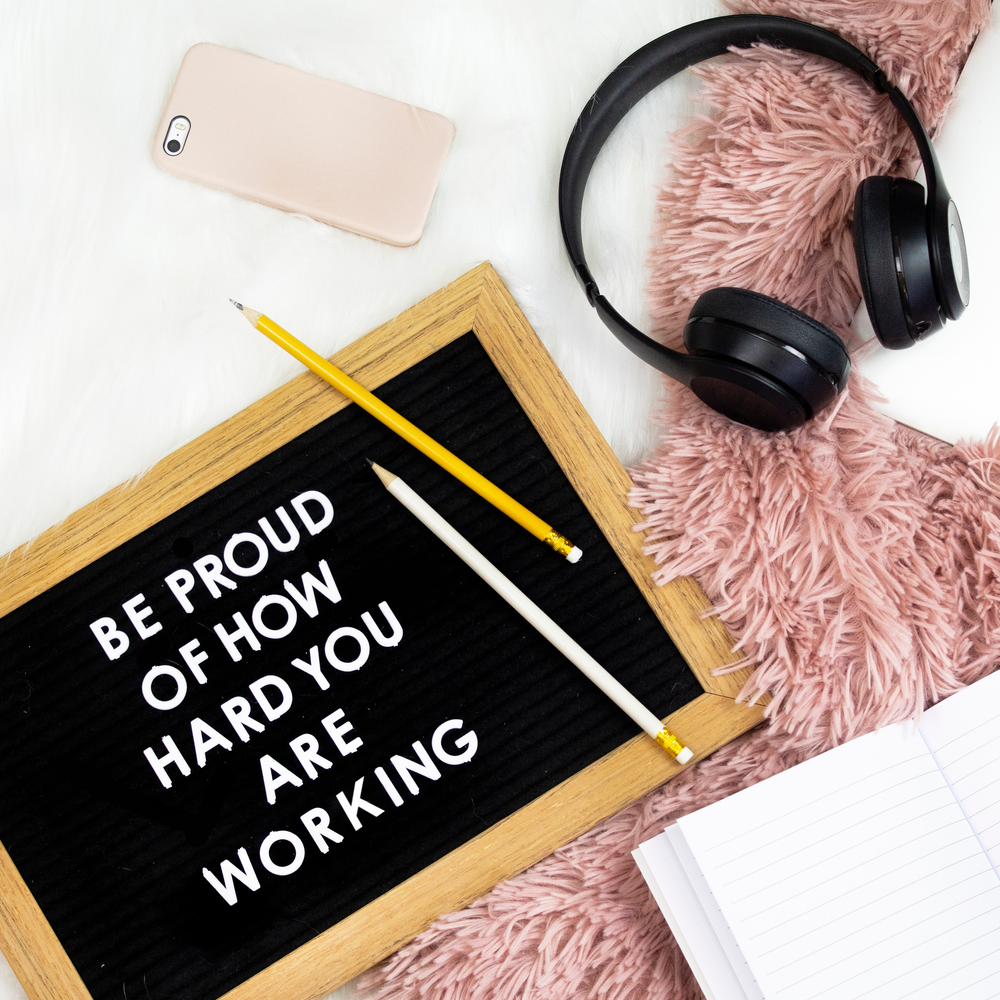
I’ll end it here with a couple of quotes from Thomas Edison:
“There is no substitute for hard work.”
and
“Many of life’s failures are people who did not realize how close they were to success when they gave up.”
For more valuable tips, don’t forget to check out the rest of them here and the videos. Stay connected with me for more career advice and more job alerts — subscribe to my newsletter below, YouTube, LinkedIn, Instagram, Pinterest, etc. I want to see you succeed!!!
Also, if you made it this far reading, I want to sincerely thank you for being open-minded and learning so much. Your success means so much to me. You give me purpose. I love that I can share over 20 years’ worth of knowledge and wisdom that would otherwise just sit in my tired mommy brain. 🙂 Thank you from the bottom of my heart. ❤
